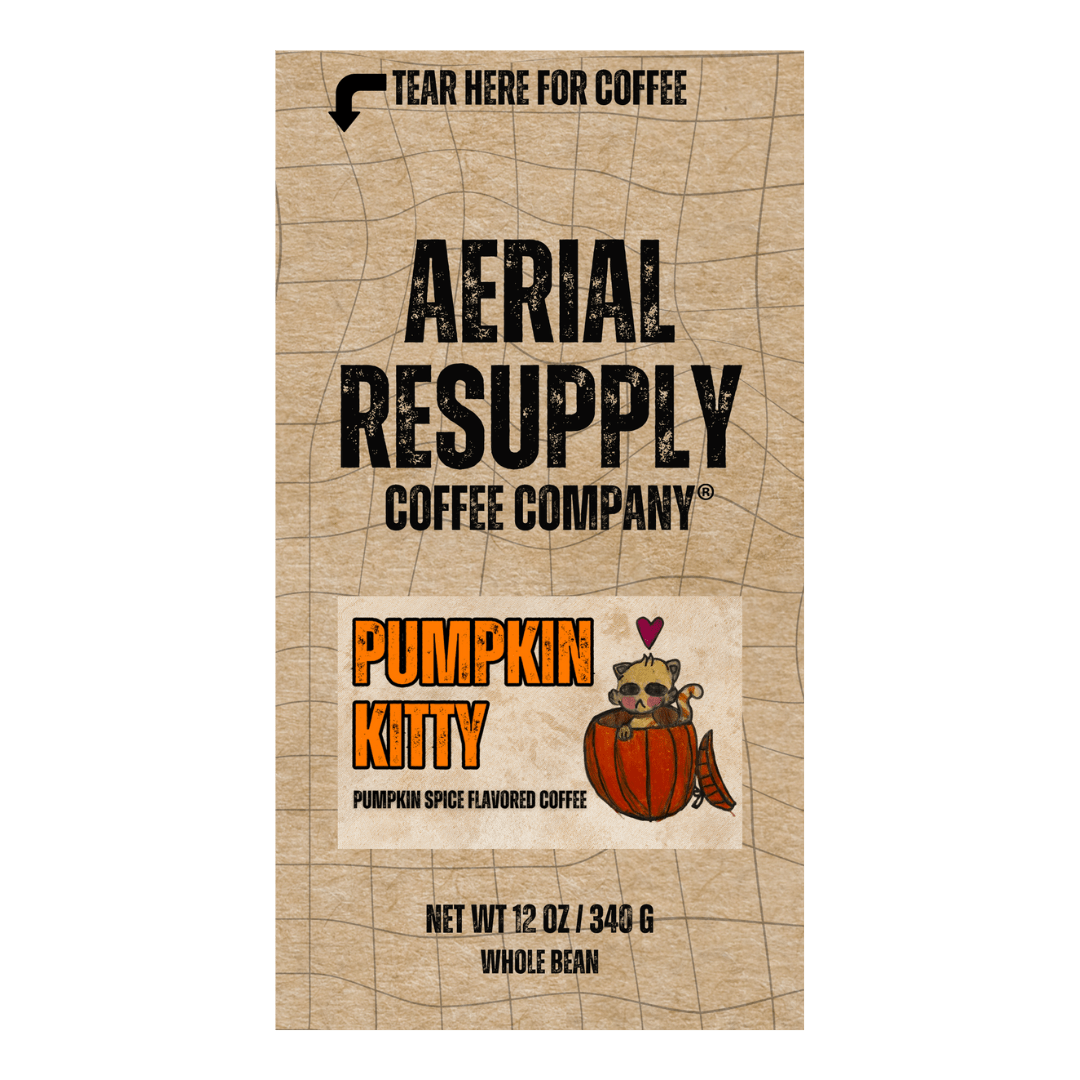Coffee vs Tea: A Flavorful Showdown
Introduction
Coffee and tea, each steeped in tradition and flavor, stand as pillars in the world of beverages. They're not just drinks; they embody history, culture, and a range of health benefits that have captivated enthusiasts globally. In this comprehensive exploration, we aim to delve into the unique aspects of both coffee and tea, offering a side-by-side comparison that highlights their rich histories, varied health benefits, and deep cultural significance.
History and Origins
The Enthralling Journey of Coffee
The story of coffee is as rich as its taste. Originating from the ancient coffee forests of Ethiopia, it has journeyed across continents, evolving into a global phenomenon. The discovery of coffee is shrouded in legend, with tales of energized goats and curious monks. As it reached the Arabian Peninsula, it became a staple in homes and public coffee houses, playing a pivotal role in social and cultural life.
Tea's Ancient Roots
Tea, with its roots in China, dates back thousands of years. Initially consumed for medicinal purposes, it soon became an integral part of daily life, spreading its influence to Japan, India, and beyond. The art of tea drinking evolved from a simple act to a sophisticated ritual, deeply embedded in various cultures. From the Japanese tea ceremony to the British afternoon tea, each tradition reflects a unique aspect of tea's timeless allure.
Health Benefits and Concerns
Coffee's Wellness Quotient
Coffee's health benefits are as varied as its types. Rich in antioxidants, it has been linked to a lower risk of several diseases, including Parkinson's and Type 2 diabetes. Regular coffee consumption is also associated with improved mental alertness and potential protective effects on the liver. However, its high caffeine content can lead to issues like insomnia and increased heart rate in sensitive individuals.
Tea's Healing Powers
Tea is a treasure trove of health benefits, especially varieties like green and black tea. It's a source of antioxidants like flavonoids, which aid in reducing inflammation and improving heart health. Herbal teas, such as chamomile and peppermint, are known for their calming effects and digestive benefits. However, excessive consumption, particularly of stronger teas, can lead to caffeine-related side effects similar to coffee.

Caffeine Content: A Comparative Analysis
The Caffeine Dynamics in Coffee
Coffee is synonymous with caffeine. Its caffeine content varies depending on the bean type and brewing method. From a quick espresso shot to a leisurely brewed cup, coffee provides a substantial caffeine hit, making it a favorite morning beverage for a wake-up call.
Tea's Caffeine Composition
Tea offers a gentler caffeine experience. Unlike coffee, the caffeine in tea is balanced by L-theanine, an amino acid that moderates caffeine's effects, providing a smoother, more sustained energy boost without the jitters. The type of tea, from the lightly caffeinated green tea to the stronger black varieties, also influences its caffeine content.
Flavor Profiles and Varieties
Coffee's Rich Flavor Spectrum
Coffee's flavor is influenced by its origin, processing, and brewing. From the fruity and floral notes of African coffees to the earthy and spicy flavors of Indonesian beans, each variety offers a unique taste experience. The roasting process further defines the flavor, with light roasts presenting a milder taste and dark roasts offering a deeper, more intense profile.
The Diverse Flavors of Tea
Tea's flavor palette is remarkably diverse. Black tea, known for its robustness, ranges from sweet and malty to rich and smoky. Green tea, with its delicate flavor, can be grassy, sweet, or even seaweed-like. White tea is the subtlest, often floral and sweet. Herbal teas, made from a variety of plants, fruits, and herbs, offer an extensive range of flavors catering to all palates.
Brewing Techniques and Rituals
Coffee Brewing: An Art and Science
Brewing coffee is a blend of art and science. The choice of brewing method, from drip coffee to French press, significantly affects the taste. Factors like grind size, water temperature, and brewing time are meticulously balanced to extract the perfect flavor from the beans.
The Artistry of Tea Brewing
Tea brewing, while seemingly straightforward, is an intricate process that varies across cultures. The temperature of the water, the steeping time, and even the vessel used for brewing can dramatically alter the flavor of the tea. The traditional Chinese gongfu tea ceremony is an elaborate ritual, emphasizing the aesthetics and precision of tea brewing.
Cultural Impact and Trends
Coffee's Cultural Revolution
The culture surrounding coffee is as diverse as its flavors. From the traditional Ethiopian coffee ceremony to the bustling Italian espresso bars, coffee is a symbol of hospitality and community. The modern coffee culture has given rise to specialty coffee and third-wave coffee shops, where the emphasis is on the quality, origin, and ethical sourcing of coffee beans.
Tea's Enduring Cultural Significance
Tea holds a revered place in many cultures. In China and Japan, it is central to ceremonial practices and spiritual contemplation. In the UK, it's a symbol of comfort and conviviality. The recent surge in tea popularity has seen a renewed interest in traditional brewing methods and an exploration of new, innovative blends.
Conclusion
Coffee and tea, each with their distinct characters, offer more than just a caffeine fix. They are windows into different cultures and histories, each telling a unique story through every cup. Whether you're a coffee enthusiast or a tea lover, these beverages invite you to explore a world of flavors, traditions, and experiences.





